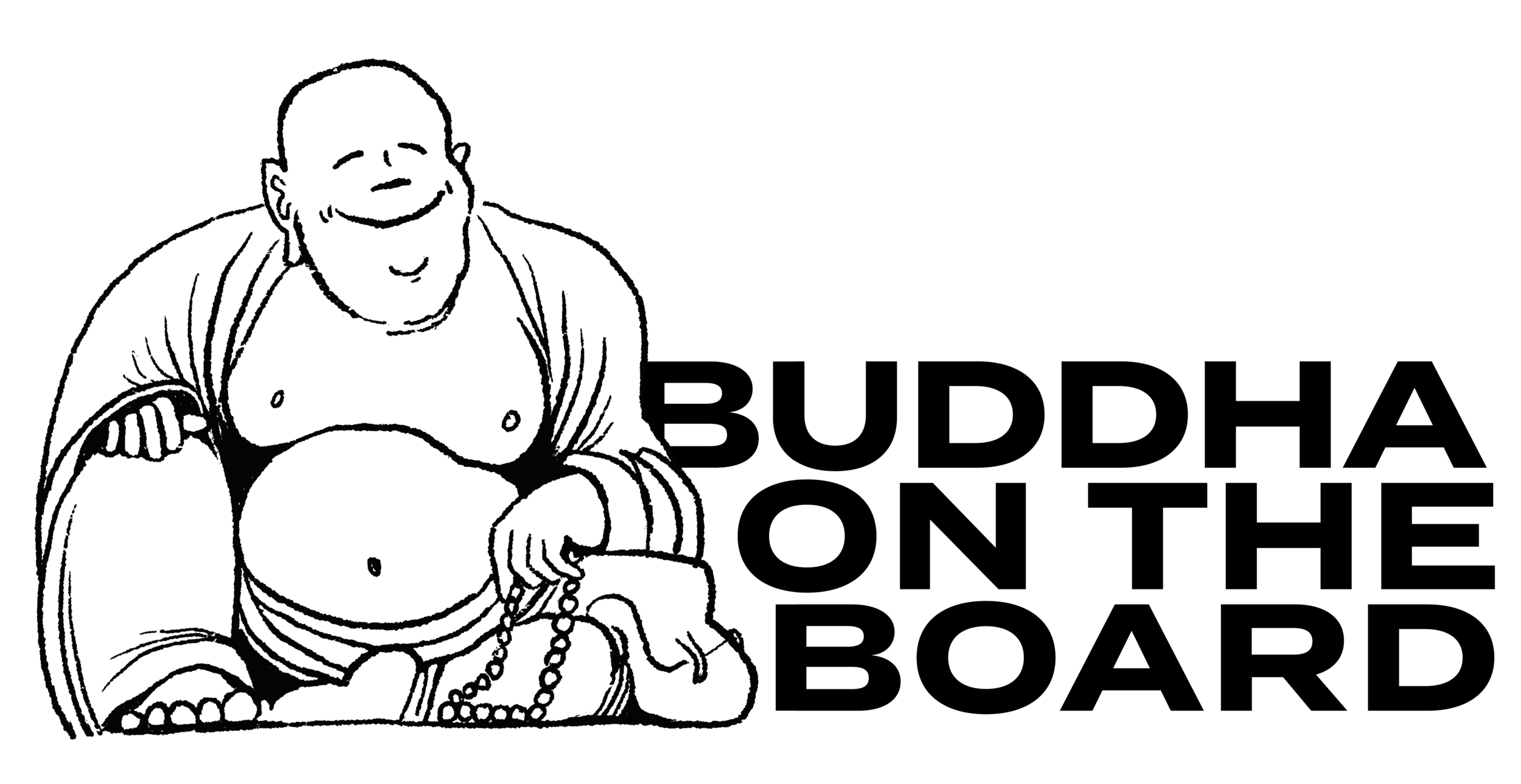Why Do You Work?
Several thousand people cross London Bridge every morning. They all look pretty similar. They wear similar uniforms. They pass at broadly the same time. It’s like a great migration, a journey to and from.
Migrations happen across nature, so we shouldn’t be surprised.
Twice a year, thousands of humpback whales make the 2,000 mile journey from where they feed to where they mate. And back again.
Likewise the wildebeest. And the birds.
We are not so special.
The thousands crossing London Bridge every morning and evening are performing a similar dance. A journey in support of eating and mating.
We like to think we’re bigger, cleverer. And, in many respects, we are.
In many ways we’re not though.
Our big brains sit atop a shifting, changing pool of emotional desires. These desires shape a large part of what you do everyday. Whether it be swimming 2,000 miles in a metronomic semi sleep state or climbing aboard the London Underground in a similar state.
Unlike the whales or the wildebeest, we have the opportunity to reflect, to question, to explore.
“Why do we work?” my then four year old asked me.
It’s a good question.
Well, it helps with eating and mating.
And whatever else you want it to.
We work because we’re human. A desire to contribute is stitched into the fabric of our living. It’s part of the contract of being alive.
We are paying back when we work.
Which is why it’s important to check in with the work you’re doing. Am I paying back positively, constructively or am I mainly extracting?
